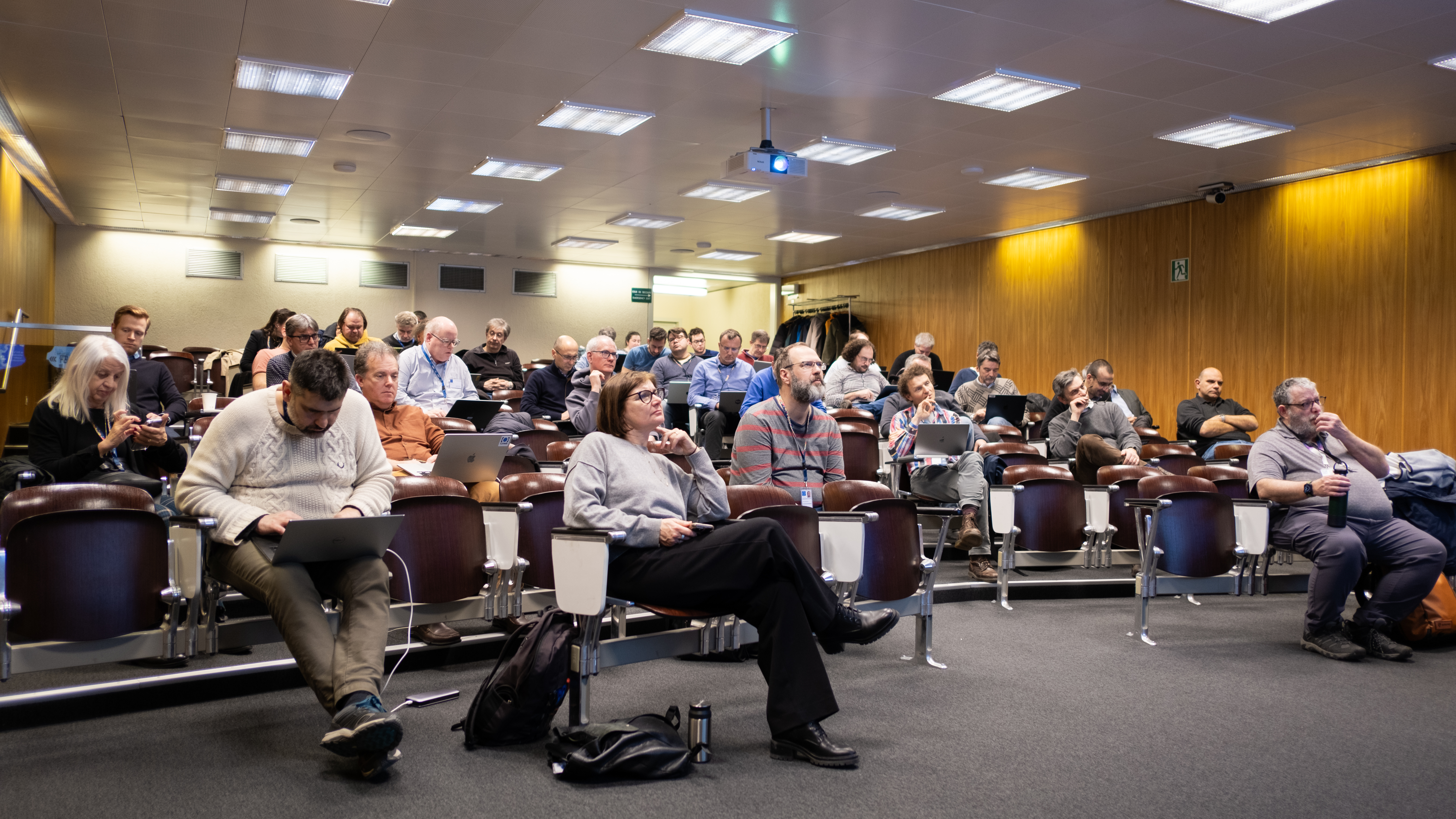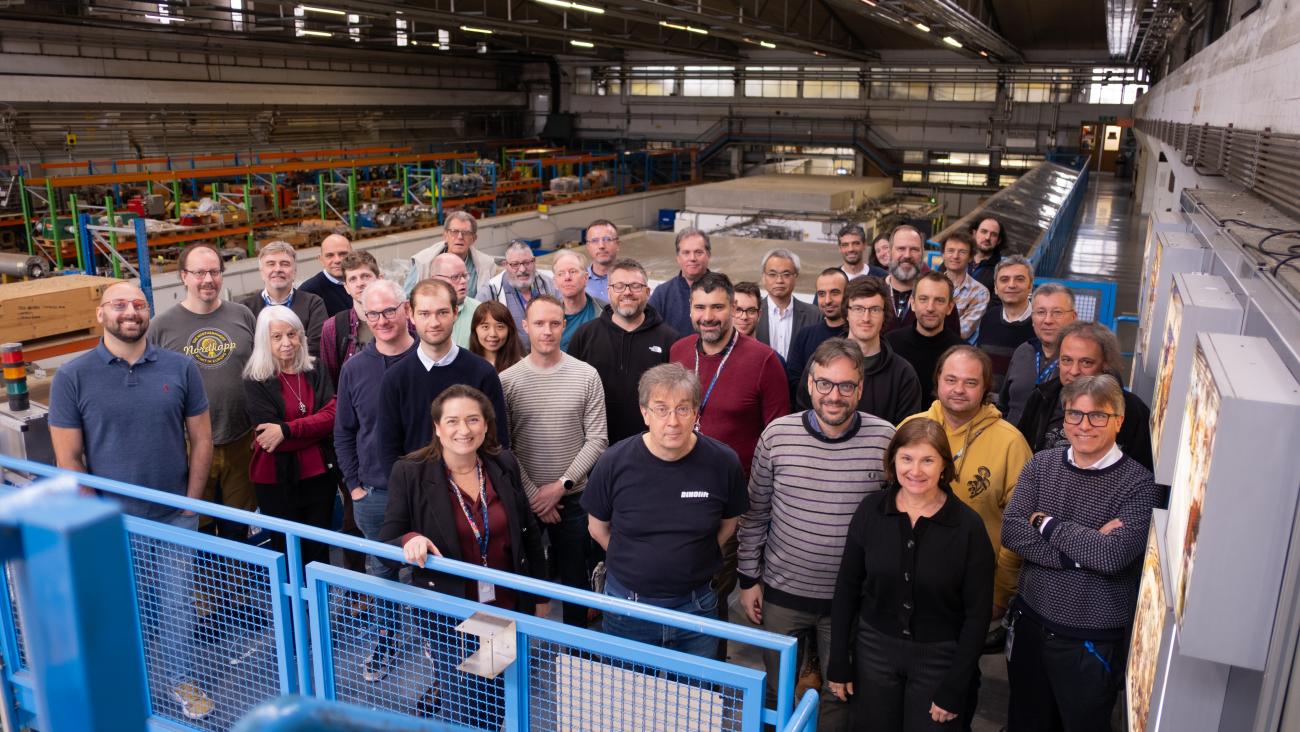CERN recently hosted a pivotal two-day technical meeting that drew together more than hundred experts—both on-site and online—from leading High-Performance Computing (HPC) centres, research institutions, and the High Energy Physics (HEP) community.
Notable attendees included representatives from major European supercomputing centres, including EuroHPC JU, GENCI (France), FZJ (Germany), SURF (Netherlands), CSC (Finland), CSCS (Switzerland), Vega (Slovenia), key US collaborators from the IRI initiative, DoE and NSF HPC supported centres, WLCG site representatives, the CERN experiments and groups, as well as members of the EU's SPECTRUM project team. This diverse group of participants ensured a comprehensive discussion on the future of exascale computing in Europe and beyond.
By bringing together HPC and HEP experts, the meeting aimed to establish a strategic foundation for sustainable collaboration between the HPC resource providers and the HEP community, with implications not only for the Worldwide LHC Computing Grid (WLCG) but potentially for a wide range of data-intensive scientific fields. CERN openlab, in partnership with WLCG, organised the meeting.
Dr. Maria Girone, Head of CERN openlab and Vice-Chair of the EuroHPC JU’s Users Forum Coordination Group, underscored the transformative potential of large-scale high-performance computing (HPC) systems to meet the escalating computational demands of future HEP experiments.
“By uniting HPC and HEP’s expertise, this meeting showcased the collective ambition across the community to broaden collaboration.” says Dr. Girone. “Meetings like this allow us to exchange knowledge and share expertise that will define the next generation of scientific computing.”
Dr. Tommaso Boccali, Deputy Lead of the WLCG Collaboration, states that "HPC centers are essential for future HEP computing, playing a growing role in LHC processing. To fully integrate them as stable resources within WLCG, we must invest in collaboration and mutual understanding."

Over the course of a day and a half, the group reviewed plans for HPC evolution at individual sites and assessed the HEP community’s progress in leveraging these resources. Discussions focused on overcoming integration challenges, such as establishing compatible software environments for accelerated processors, providing and accessing resources, delivering essential services, and developing common interfaces. Participants expressed both a strong willingness to collaborate and confidence that no technical or policy barriers were insuperable.
The meeting's outcomes will form the foundation of an HPC whitepaper contribution to the European Strategy for Particle Physics. This whitepaper will detail the technical and policy steps needed to address remaining challenges and encourage broader participation by the HEP community in HPC access calls and the use HPC resources for the development and execution of traditional applications and AI workflows. These outcomes will also be an important input for the SPECTRUM project, which aims to develop a technical blueprint and strategic research and innovation agenda for a data and compute continuum in radio astronomy and HEP, fostering synergy between these data-intensive fields. These activities underscore the commitment to position HEP as a strategic scientific initiative for Europe and establish persistent collaborations between the HEP and HPC communities.
More information on https://indico.cern.ch/event/1466360/

